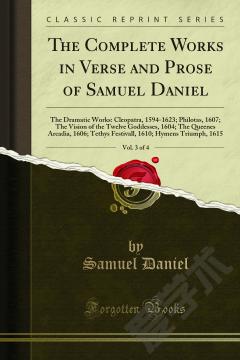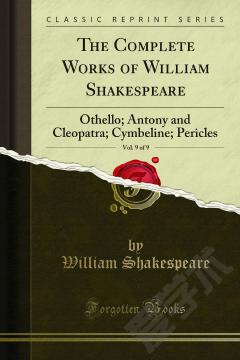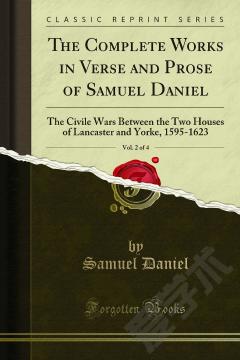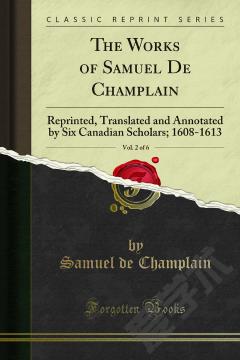The Complete Works in Verse and Prose of Samuel Daniel —— The Dramatic Works: Cleopatra, 1594-1623; Philotas, 1607; The Vision of the Twelve Goddesses, 1604; The Queenes Arcadia, 1606; Tethys Festivall, 1610; Hymens Triumph, 1615
-----
[It gives me no little pleasure to avail myself of the following spontaneous 'Note' by my friend George Saintsbury, Esq. More on the subject may be looked for in the 'Memorial-Introduction II. - Critical' on other lines of influence of the Senecan or Daniel form of plays. But meanwhile the present 'Note' is complete within its self-appointed limits. - A. B. G.]These few words are not intended as a criticism of Cleopatra and Philotas: I have no intention of interfering with Dr. Grosart's province to that extent, or of abusing his good nature. It has, however, often struck me that the precise position of these tragedies in our literature, and the very interesting reflections which they present to any one who knows the sixteenth-century literature of France and Italy, especially of France, has been singularly overlooked. I have, I think, a tolerably fair acquaintance with Elizabethan drama; but except these two, and the translation of Garnier's Cornelia which Kyd executed, I cannot think of any English tragedies (written by dramatists at all well known, and belonging to the formative period of the drama) which are distinctly couched in the form of the Senecan model.
{{comment.content}}








 京公网安备 11010802027623号
京公网安备 11010802027623号